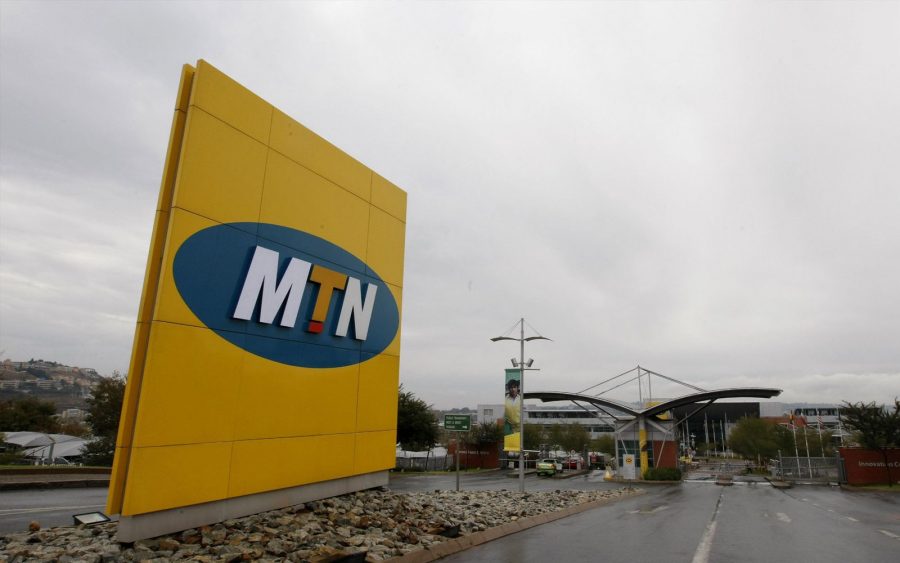Rising from yesterday’s public hearing on MTN Nigeria’s acquisition of Visafone and the controversy around the transfer of its 800MHz spectrum, MTN has commended the Nigerian Communications Commission (NCC) for stimulating market growth and providing a level playing field for all market players.
According to Johnson Oyewo, MTN’s Senior Manager, Regulatory Affairs, who represented the company at the hearing, stated that the NCC, has introduced a number of regulatory initiatives such as Spectrum Refarming, Passive Infrastructure Sharing and Spectrum Trading amongst others which provide a level playing field for all market players, unlocks access to essential facilities and will go a long way in deepening industry growth and dynamism.
“These initiatives which promote market efficiencies should be leveraged by all market players to their advantage. The newly introduced Spectrum Trading Guidelines further strengthens healthy competition as every market player can freely engage in spectrum trading which is readily available in the secondary market with some market players who are underutilizing same,” he said.
Two of MTN’s competitors, Airtel and 9Mobile had argued that transferring the 800MHz from Visafone Communications to MTN would substantially lessen competition in the data market segment and ultimately create a monopoly in the telecommunications industry. But Oyewo, says nothing could be farther from the truth.
He stated that the NCC in its competition determination found the Mobile data market segment where the 800 MHz spectrum will be deployed to be effectively competitive and that competitors have failed to substantiate allegations of conducts deemed to result in substantial lessening of competition as specified by the NCC in its Competition Practices Regulations 2007. According to Oyewo, the competitors arguments were academic and based on fear.
He also went on to state that the ‘democratization of spectrum access’ as well as the immediate transfer of the 800MHz Visafone spectrum to MTN, is one of the things that could fast-track Nigeria’s target of achieving 30% broadband penetration by the end of 2018.
“Nigeria’s broadband penetration is presently at 21/22%. We are committed to the national broadband penetration which was why we bought the 2.6 GHz spectrum band and MTN was the only bidder then. We are working hard to expand our networks across Nigeria and the 800MHz gives an advantage of wider coverage using fewer resources. The ultimate beneficiaries are the Nigerian government, and every Nigerian who will benefit from the pervasive roll-out of broadband services and success of the rural telephony project,” he said.
According to Oyewo, MTN’s continuous infrastructural roll-out underscores the company’s unwavering commitment to Nigeria in the long term, and as such other operators too should demonstrate the same commitment arguing that the attendant impact of all operators’ collective investment on GDP given the International Telecommunication Union (ITU)’s findings will lead to a 10% leap in broadband penetration thereby resulting in 1% yield on GDP as well as lower retail prices which is beneficial to all consumers.
”MTN has shown time and again, that we are committed to the Nigerian market. MTN has consistently invested in communications infrastructure, particularly broadband infrastructure in Nigeria. The facts are there for everyone to verify, no other operator has displayed this level of commitment to development of the Nigerian telecoms space including operators whose parent companies rank higher globally in terms of subscriber numbers.”
As the timeline for achieving the broadband target of 30% draws nearer, stakeholders must demonstrate commitment to supporting the Federal Government. In this regard, MTN, acquisition of Visafone is a step in the right direction at actualizing the target. In order for the network expansion, and attendant service quality improvement to continue, it argues, the NCC should take a fair decision, in allowing the transfer of the Visafone 800MHz to MTN in the interest of the consumer and the Nigerian economy.

















